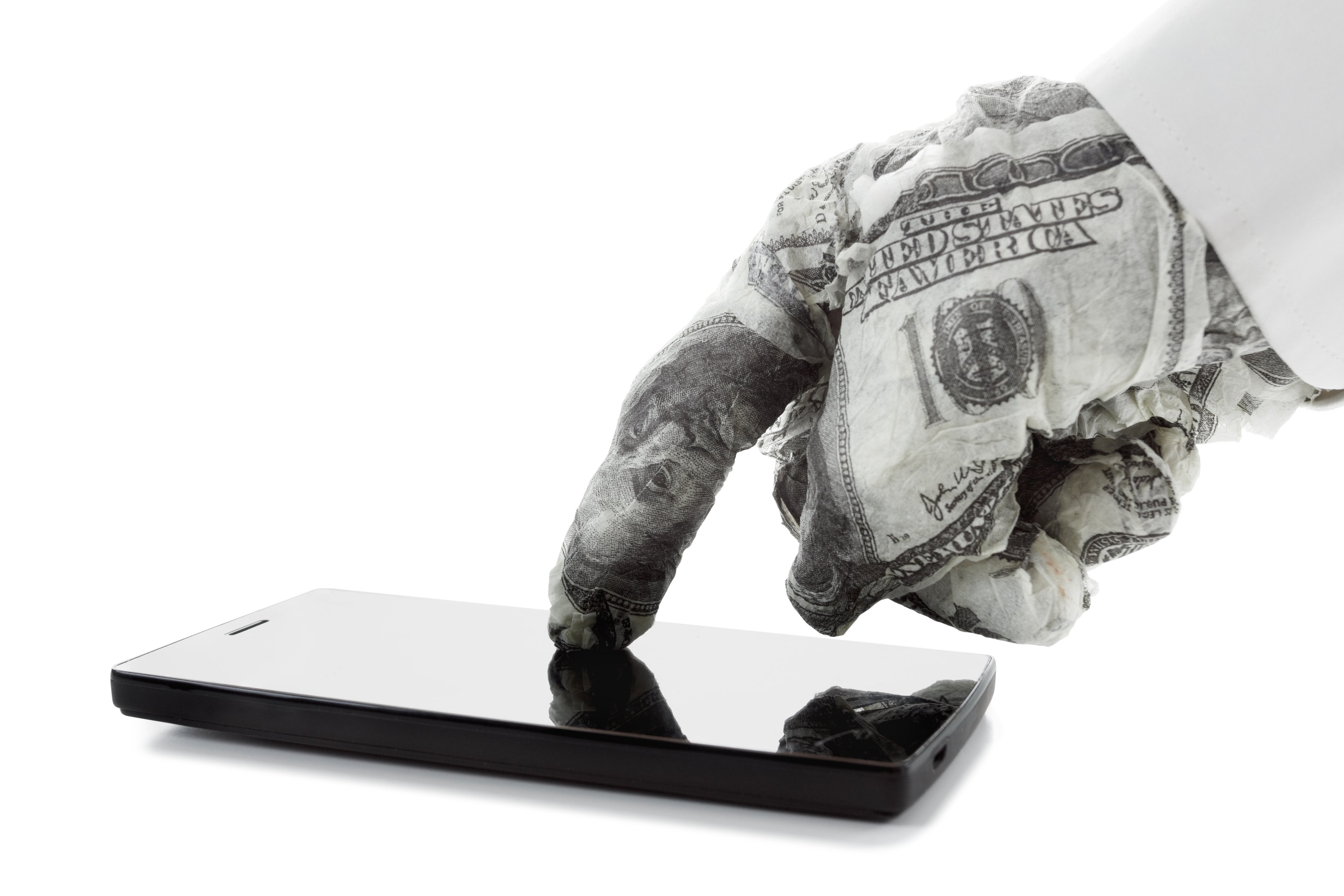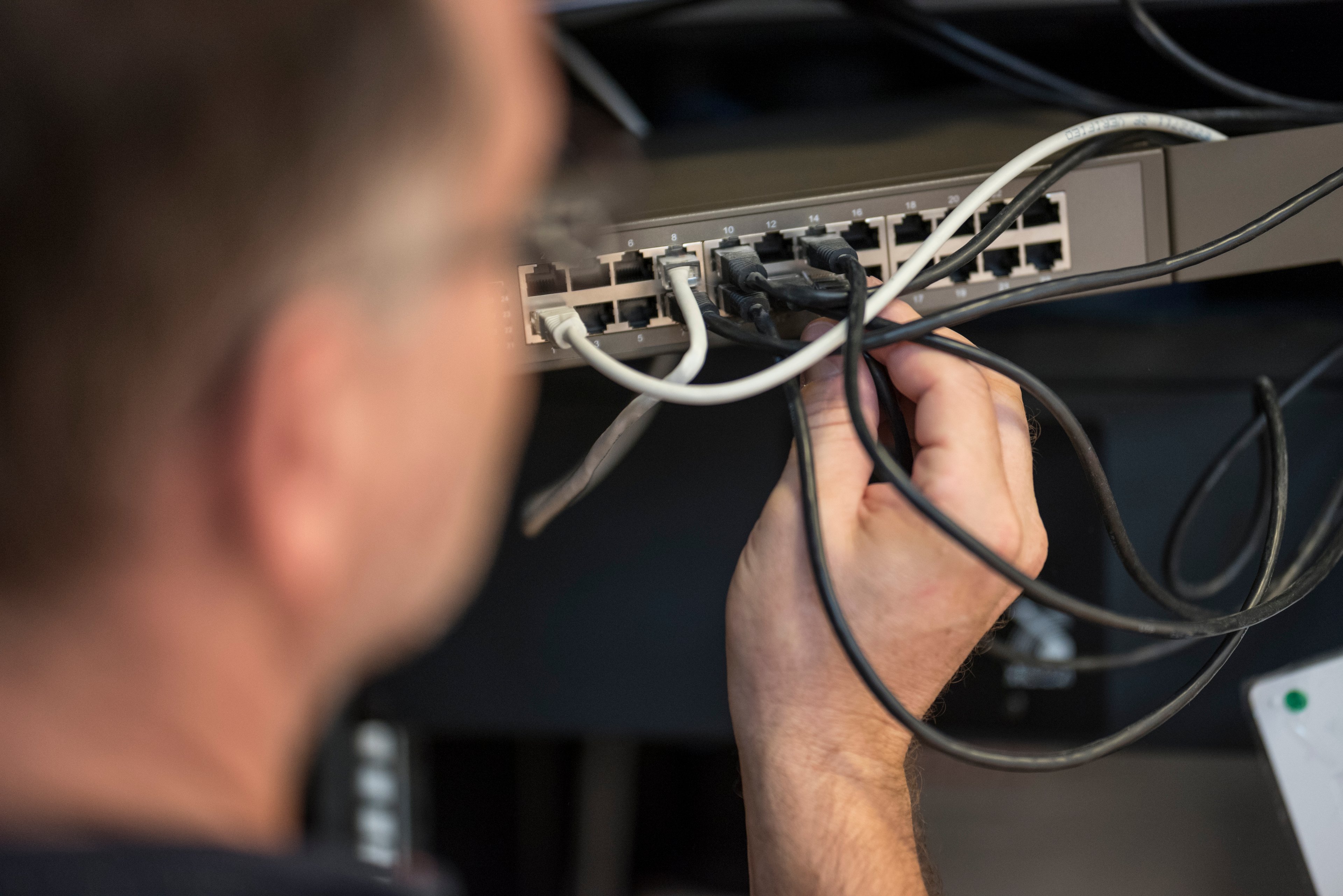First, the good news: Nokia (NOK 0.15%) isn't just the leading manufacturer of Microsoft's (MSFT +0.30%) Windows 8 global smartphone market. According to a recent report from AdDuplex, it's absolutely destroying the competition. Combined with the Q4 announcement of 4.4 million Lumias sold, that should make even Nokia bears stand up and take notice. But with so many ongoing questions regarding the impact of Windows 8 in the smartphone OS market, does Nokia's resurgence even matter?
The envelope, please
As of April 4, the date of AdDuplex's report, Nokia was the manufacturer of choice for 80% of all Windows 8 phones in use worldwide. HTC was a distant second, holding 14% of the Windows phone market, and Samsung, with its limited Windows smartphone alternatives, accounted for 5%. A smattering of others, including Huawei, ZTE, and Acer, shared what little was left.
Nokia's dominant position isn't entirely a surprise. As the world's No. 2 phone manufacturer, and the first to go all in with Windows 8, Nokia was always going to be ahead of the pack. But 80% is a staggering market share.
Fools should also note the growth of Nokia's Lumia 920, its latest, greatest, and most expensive smartphone. The Lumia 920 has taken over the top spot of all Windows 8 phones worldwide, jumping from fourth place just a month ago.
With Nokia's earnings announcement slated for April 18, let's hope CEO Stephen Elop shares Lumia sales numbers specific to the China Mobile deal Nokia inked late last year. With 700 million subscribers, China Mobile is the world's largest wireless carrier; a good start there would certainly help to explain the jump in Lumia's position and position Nokia for further growth.
Internationally, Nokia dominates Windows 8 smartphone sales the way Samsung and Apple do in the U.S., with more than 90% market penetration in its top 10 markets. South America in particular loves its Nokia Windows 8 smartphones; four of Nokia's top 10 countries by market share hail from the continent, with Argentina clocking in at 99% market share for all Windows 8 phones in use. Impressive.
Now for some perspective
Windows Phone, while growing market share in the U.S., remains a distant fourth behind Google's Android, Apple iOS, and BlackBerry (BBRY +2.40%), according to recent data from comScore. Android OS and iOS together own slightly more than 90% of the market domestically, and the story's about the same internationally. Nokia and Microsoft can only point to Windows Phone 8's movement in the right direction. Along with iOS, Windows 8 was the only operating system to increase its share of the domestic mobile OS pie the past quarter, up to 3.2% from 3% in November.
The battle lines have been drawn, and for mobile OS developers, that means the immediate objective is a fight for third place. Unseating Android and iOS will have to wait. Right now, BlackBerry's holding onto that position. With its new BB10 slowly but surely rolling out across various markets, it should be able to stop the bleeding of its global OS and smartphone market share. Still, declines in market share in the U.K., traditionally a BlackBerry hot spot and one of the first markets to get BB10, puts a damper on things for the company. If Microsoft's Windows 8 does surpass BlackBerry, Nokia will be leading the charge.
The investment opportunity
Nokia's 16% share-price drop year to date should be music to value investors' ears. Why? Nokia's shares have declined even after a strong, profitable quarter; its partnership with the largest wireless carrier in the world, China Mobile, could be an enormous boost to already solid Lumia sales; and its Nokia Siemens arrangement is paying off big time.
It would be easy to discount Nokia's dominance in the Windows phone OS sweepstakes, given Microsoft's small (but growing) market share relative to Android and iOS. But that would be a mistake. Lumia's sales growth and Nokia's ownership of 80% of the Windows Phone market are big steps in the right direction and shouldn't be discounted. Value investors in particular should take a good, long look at Nokia right now.








